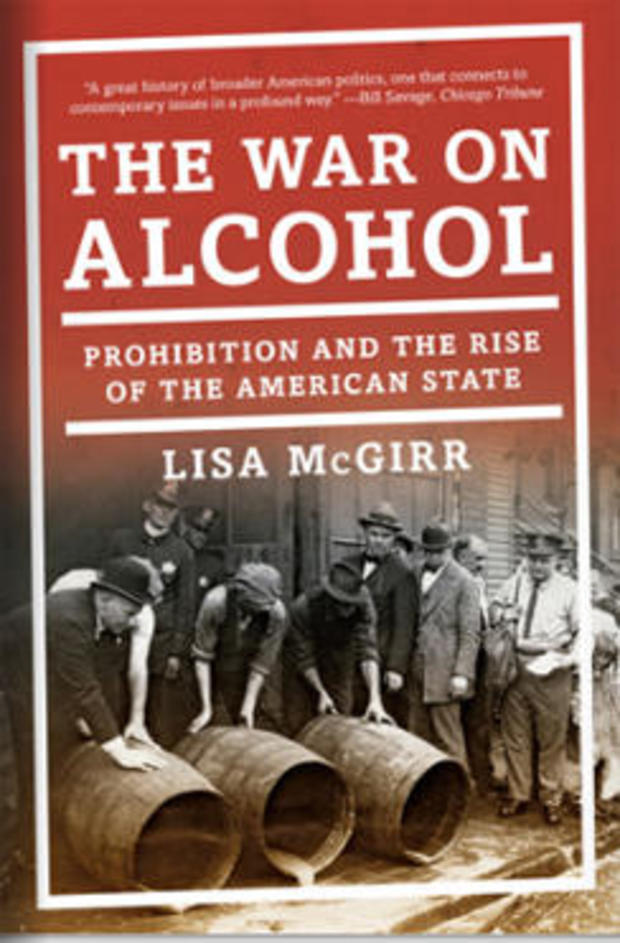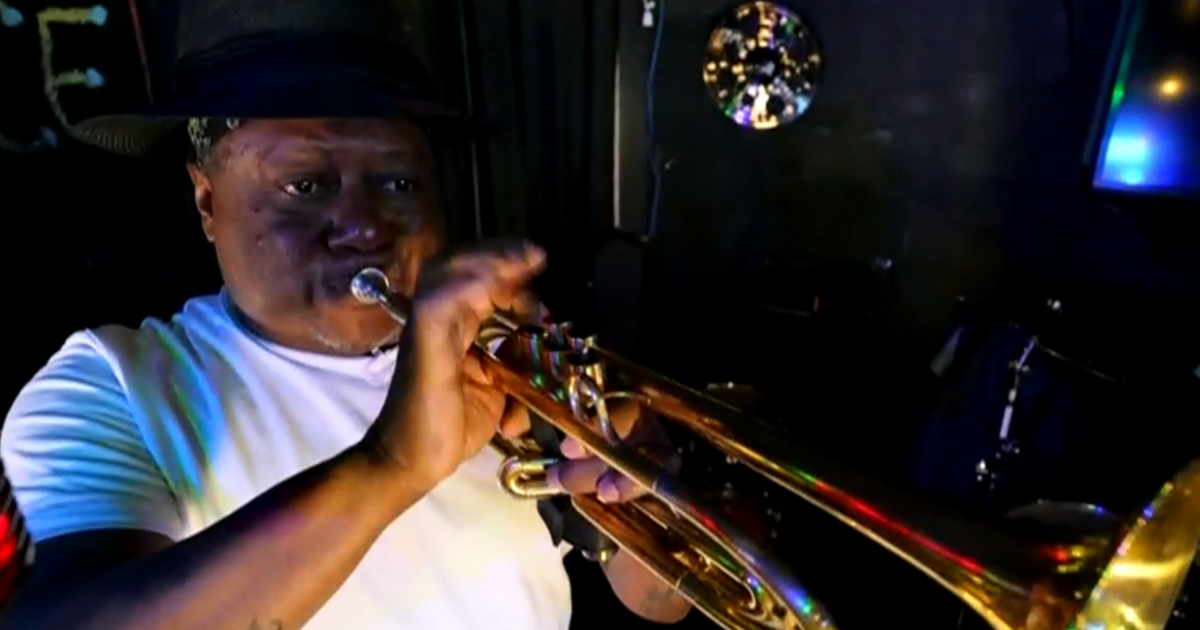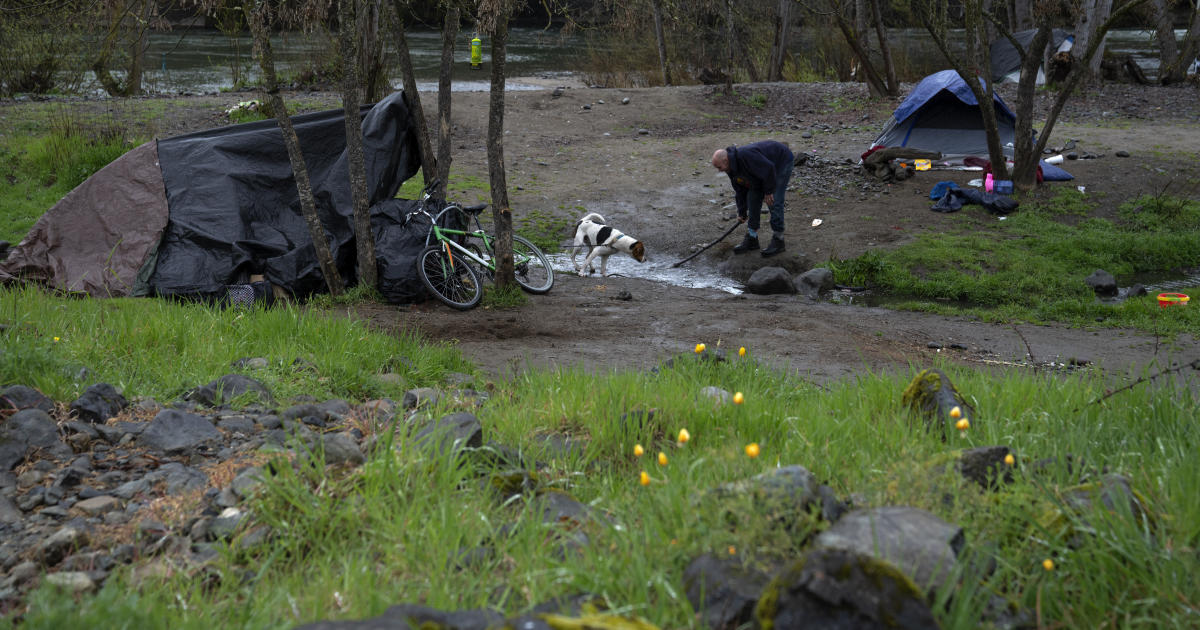The legacy of Prohibition, 100 years later
Monday marks 100 years since the House and Senate overrode a presidential veto of the Volstead Act, thus making law enforcement of the 18th Amendment to the Constitution. Prohibition banned the manufacture and sale of alcoholic beverages in the United States, and it would remain law until 14 years later, when it was repealed.
The legacy of Prohibition is a huge part of our nation's history, some of which is sometimes overlooked or ignored.
Gangsters like Al Capone, Meyer Lansky and Bugsy Siegel flourished under Prohibition with the rise of speakeasies that allowed people to flout the nation's new absolutist approach. But the people and places that still thrive in movies and pop culture are only part of the story.
Lisa McGirr, a history professor at Harvard University and author of "The War on Alcohol: Prohibition and the Rise of the American State" (W.W. Norton), said, "I think what people don't understand about Prohibition are the very serious and long-lasting legacies of the law.
"The 1920s saw a vast upsurge in federal power. And after 1933, that power did not diminish; it simply took on new directions. One of those directions was policing and surveillance. The prison industry vastly expanded, so many of the kinds of legacies that we live with were established during Prohibition."
America's new look, and the rise of a large government, was born, perhaps more than anywhere else, inside a small town, in the modest wood-frame home where Congressman Andrew Volstead lived.
At the Andrew J. Volstead House Museum in Granite Falls, Minnesota, historian Melanie Gabbert-Gatchel said, "You'd be surprised how many people that come here aren't aware of who he is. They just go, 'Ah, he's a guy that didn't like alcohol.'"
And did the man who banned alcohol in the U.S. drink? Yes!
Volstead and other social progressives felt the country was being ruined by its saloon culture. Bars, they felt, allowed men to drink their paychecks away, while the family suffered - and in some cases, was abused - at home.
"CBS This Morning: Saturday" co-host Jeff Glor said, "He felt very strongly that morality could be legislated?"
Gabbert-Gatchel replied, "Yes. [He felt they'd been legislating morality] since the Bible, and he figured, 'Here's another law, you guys should follow it.'"
Progressives in favor of Prohibition were joined by a fervent group of social conservatives, also worried about the country's direction. "Remember this is a period where we had, between 1880 and 1920, over 20 million immigrants entering the country," said McGirr, "and so there's tremendous anxiety among Protestant middle-class men and women over how those immigrants are changing the face of the nation, including their leisure and drinking habits."
Despite its expanding power, the federal government struggled to enforce Prohibition, which led to unwelcome opportunities for others. "The Ku Klux Klan recruited during the 1920s," McGirr said, "instrumentalizing the Volstead Act and arguing, 'If the federal government, the state, and your local police are not able to rein in violations, we will.'"
Andrew Volstead became the face of most everything that was going wrong, and was the most hated man in America. "He didn't take into account people's personal demons, their personal addictions," said Gabbert-Gatchel.
Glor said, "He didn't take into account that there always generally seems to be a problem when the government tries to tinker with people's personal choices?"
"Yes, exactly. 'Cause you're taking away people's rights to actually decide for themselves."
She believes Volstead was well-intended, and she continues to share his story today, just as Lisa McGirr educates on the wider, long-lasting impact of the 18th Amendment.
Glor asked, "Was any part of Prohibition a success?"
"It is known that in the wake of the law, consumption seemed to have declined," McGirr replied. "After Prohibition, the level of consumption declined by about 30% from what it was in about 1914. You could say that was a positive impact."
Beyond that, McGirr said, before Prohibition, saloons were basically men only; bars that emerged after welcomed everyone: "It's the moment where women really come out in a large way in these spaces. And it creates, essentially, the kind of social form of leisure we've known ever since."
"The world we live in today?"
"Yes, exactly," said McGirr.
- "The War on Alcohol: Prohibition and the Rise of the American State" by Lisa McGirr (W.W. Norton), in Hardcover, Trade Paperback and eBook formats, available via Amazon
See also:
- Prohibition: America's failed "noble experiment" ("Sunday Morning")




